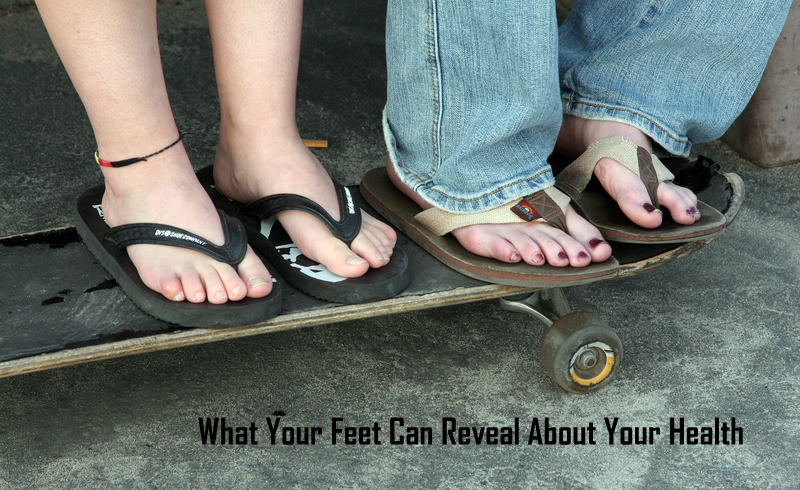
Although it may sound strange, according to New Orleans orthopedic surgeon Dr. Richard Meyer, your feet are excellent indicators of your health. If you know what to look for, you can reveal certain things about your health that can range anywhere from signs of diabetes to nutritional deficiencies.
All it takes is one good look at your feet for indicators – that if ignored – can lead to dire consequences. Here are just a few of the things your feet can tell you.
- Numbness or Consistent Tingling: Neuropathy and Diabetes
According to your New Orleans orthopedic surgeon, the most common reason for neuropathy in the feet is diabetes. Elevated blood sugar can damage the nerves, which leads to continuous tingling and numbing sensations. When left untreated, diabetes is a serious, life-threatening illness, so if you suspect that neuropathy in your feet might be caused by diabetes, see your doctor immediately.
- Hairless Feet: Poor Circulation
When the heart doesn’t pump enough blood to the feet – normally as a result of vascular disease – it can cause the hair on your toes and feet to disappear. Your feet may also turn bright red or a darkish purple when you are standing, but they immediately turn pale when elevated. You should see your doctor about treating the underlying vascular problems. The hair on your feet and toes is unlikely to return, but it is a side effect people rarely complain about.
- Foot Pain in the Soles: Bad Shoes
Wearing shoes with proper support is very important for reducing pain in the body. Foot pain can be the sign of a number of health issues. However, if you notice pain in the soles of your feet in combination with back pain and headaches, the problem is likely to be your shoes. Ask your New Orleans orthopedic surgeon what types of shoes will work best for your condition. Orthopaedic inserts will often help, but in other cases, you may need to purchase an expensive type of orthopedic shoe to solve the problem.
- Swollen Ankles and Feet: Heart Failure
If you are pregnant, swollen ankles are most likely an indication of water retention. If you are not pregnant, it could be an indication of pending heart failure, kidney disease, liver disease or a blood clot. Determining the underlying causes of the swelling is the key to solving the problem. If the inflammation becomes painful, you may want to go to an emergency room or visit your doctor immediately.
The bottom line is that your feet can help you monitor your overall health, so it’s worthwhile to pay close attention to avoid catastrophic health problems. If you are having any problems with your feet, contact the office of New Orleans orthopedic surgeon Dr. Richard Meyer today to schedule a consultation.